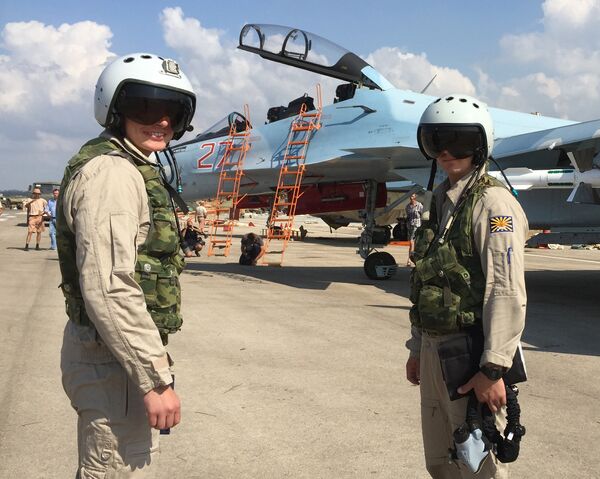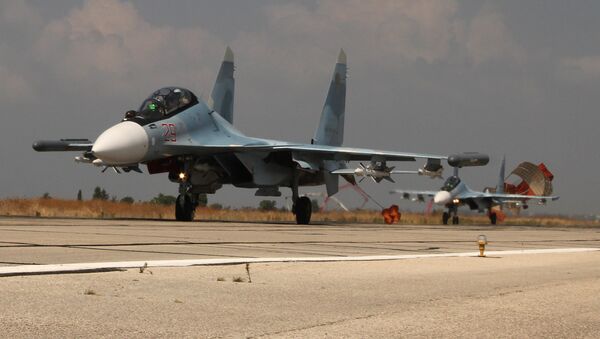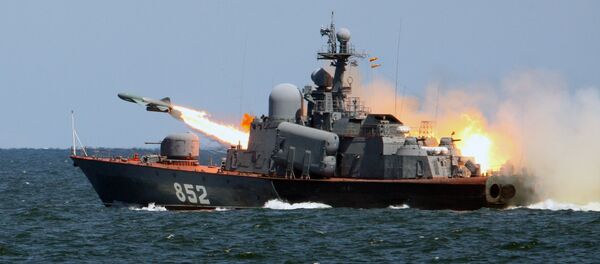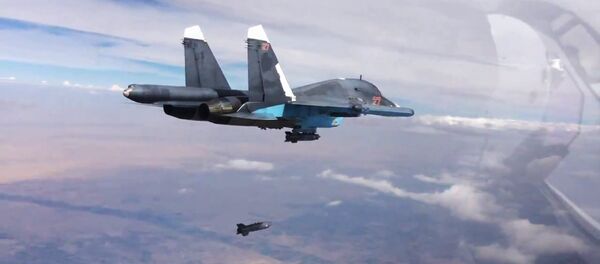Preventing seasoned fighters from returning home is what underlies Russia's military engagement in the Middle East. From this point of view, Russians could well be called "cold-blooded strategists," as the expert put it.
Despite what naysayers say, Russia is fully capable of sustaining this operation.

"Russia's military resources are sufficient to maintain an effective long-term commitment in Syria. Critics forget, that Russia has been deeply involved in conflict management in Georgia, Moldova, and Tajikistan in the 1990s when the Russian economy was particularly weak," Sushentsov observed.
The international relations expert detailed several benefits of Russia's limited involvement, which include achieving anti-terrorism goals, boosting military and energy cooperation with Damascus, projecting power on the scale that no other nation (except for the US) is capable of, as well as showcasing Russia's newest weapons and communications systems.
Russia's relations with Turkey could take a blow and one does not need to go far to see worrying signs. For instance, the recent airspace incident has been largely brushed off as a misunderstanding by officials and experts from both countries but the Turkish president directed a not-so-veiled threat at Moscow last week, saying Ankara could find a new supplier of natural gas.
Another challenge for Russia involves not repeating the Afghan scenario of the 1980s. But, unlike many, Moscow has learned from past experiences.
"Russia can get stuck in Syria, as the Soviet Union did in Afghanistan. This is why Moscow is acting after careful considerations, with viable local allies and a clear exit strategy. Having had both the Afghanistan and Chechen experience, Russia is well prepared for a low-intensity war dynamic," Sushentsov explained.
The third risk involves Russia being dragged into a Sunni-Shia conflict. To prevent this from happening, Moscow will likely "search for a resolution to the Syrian civil war by allying with potent local Sunni leaders who would join the battle against terrorists," the analyst noted.




